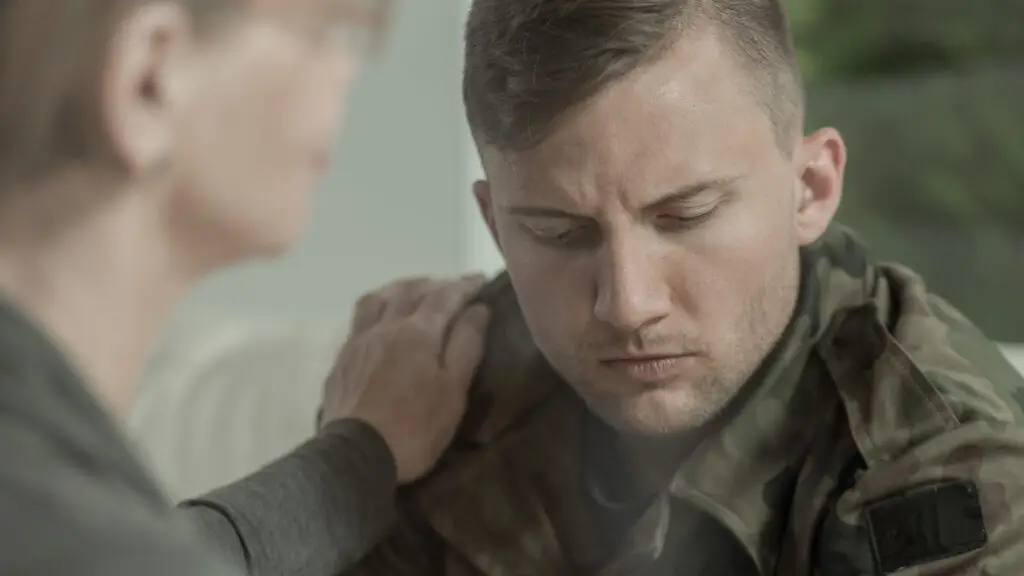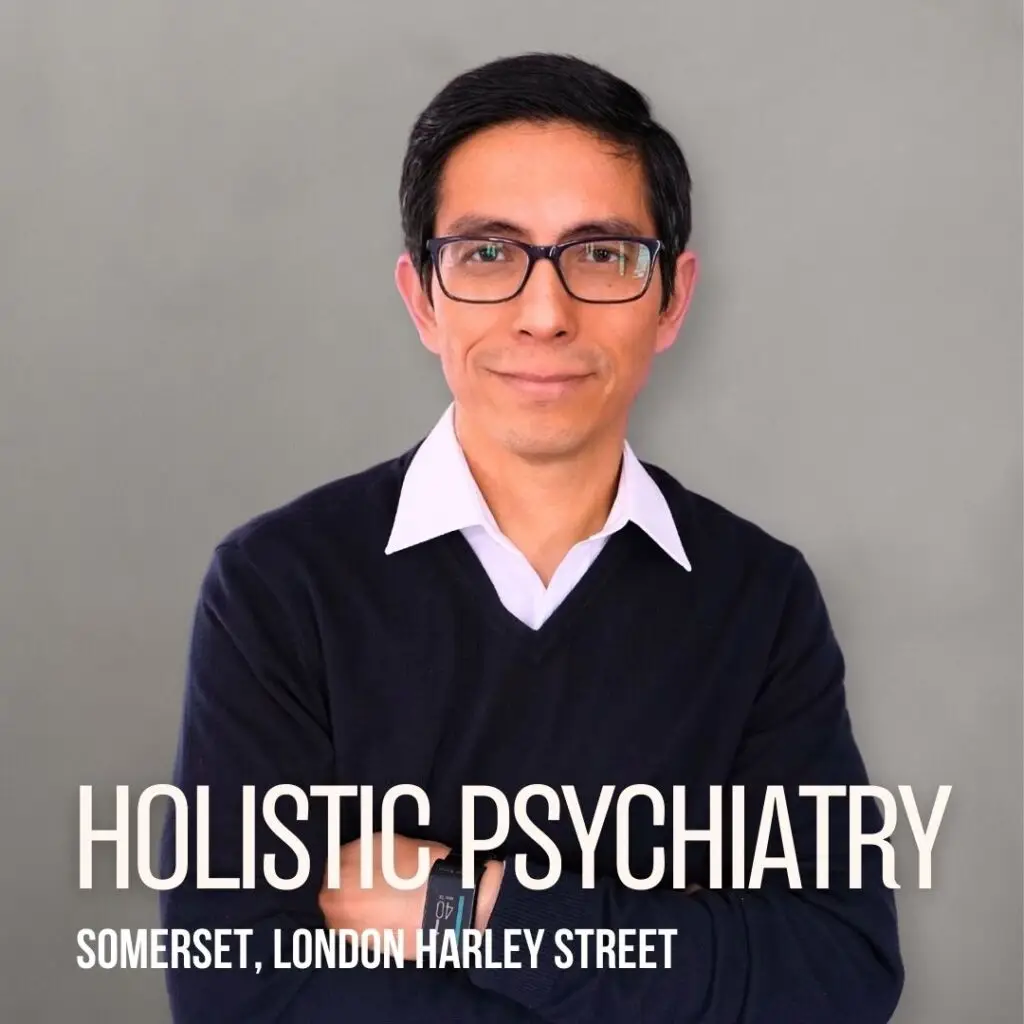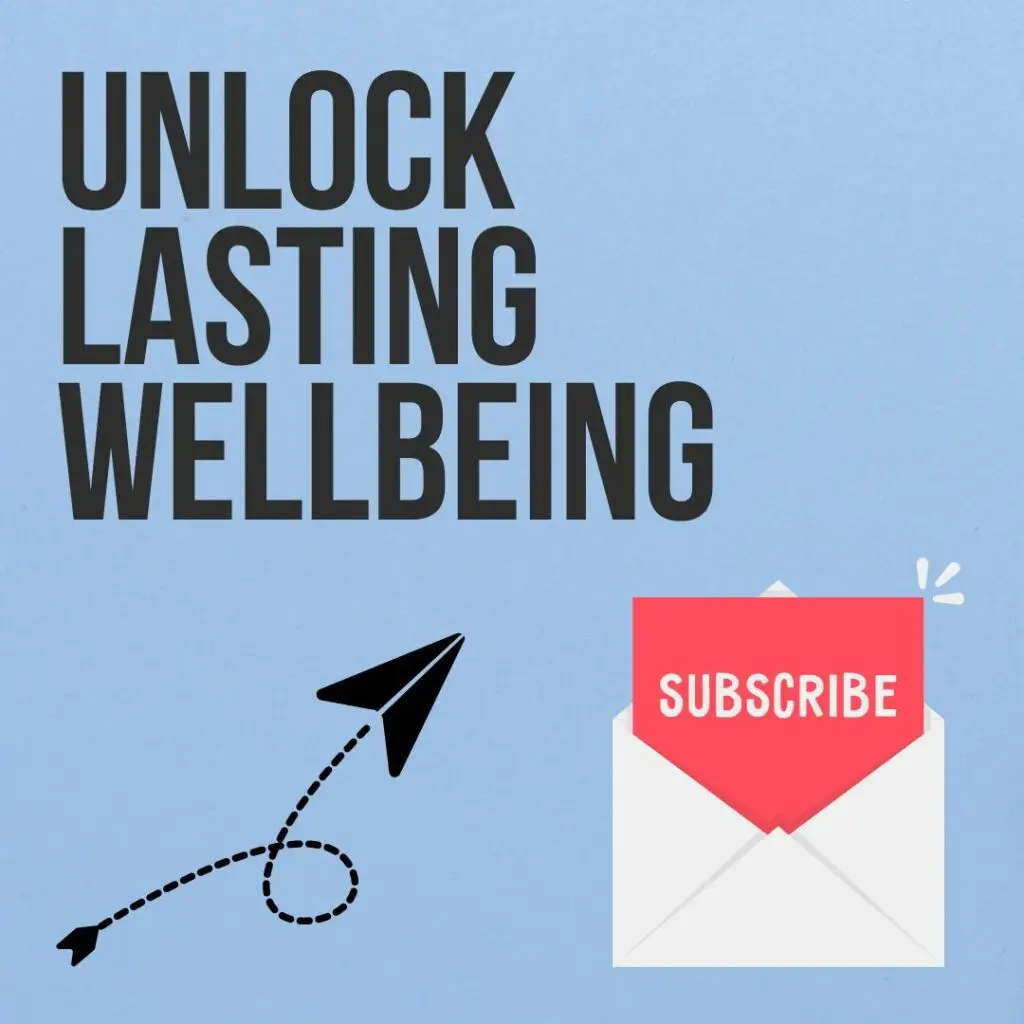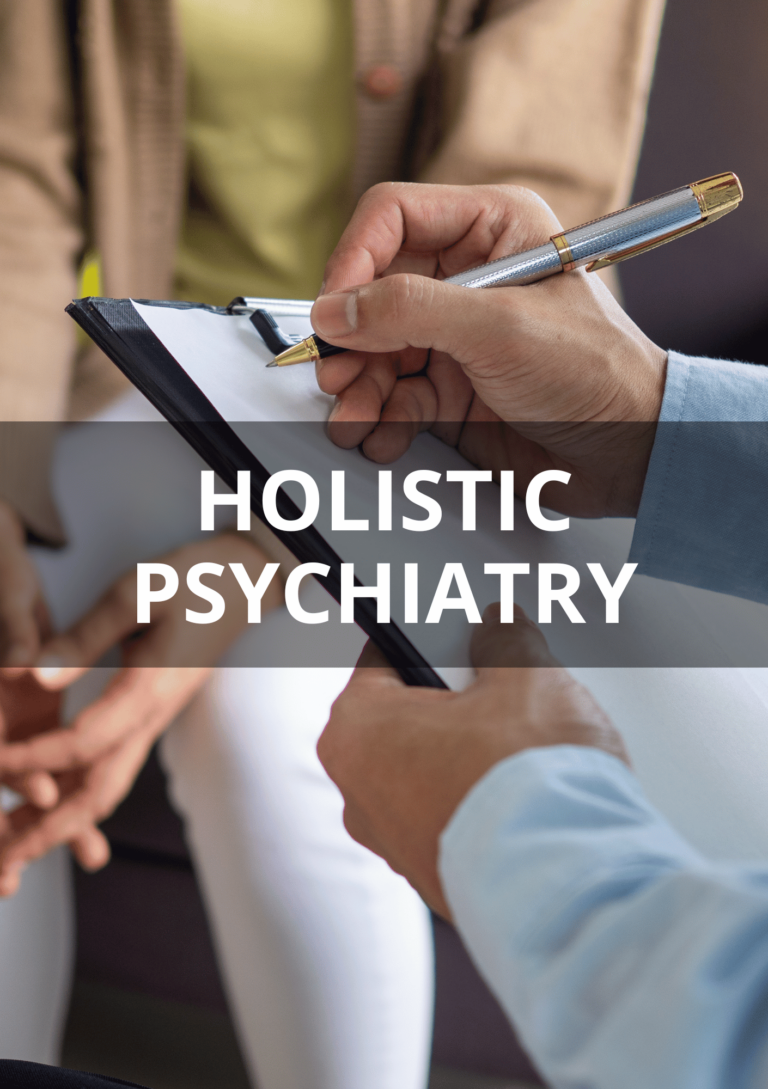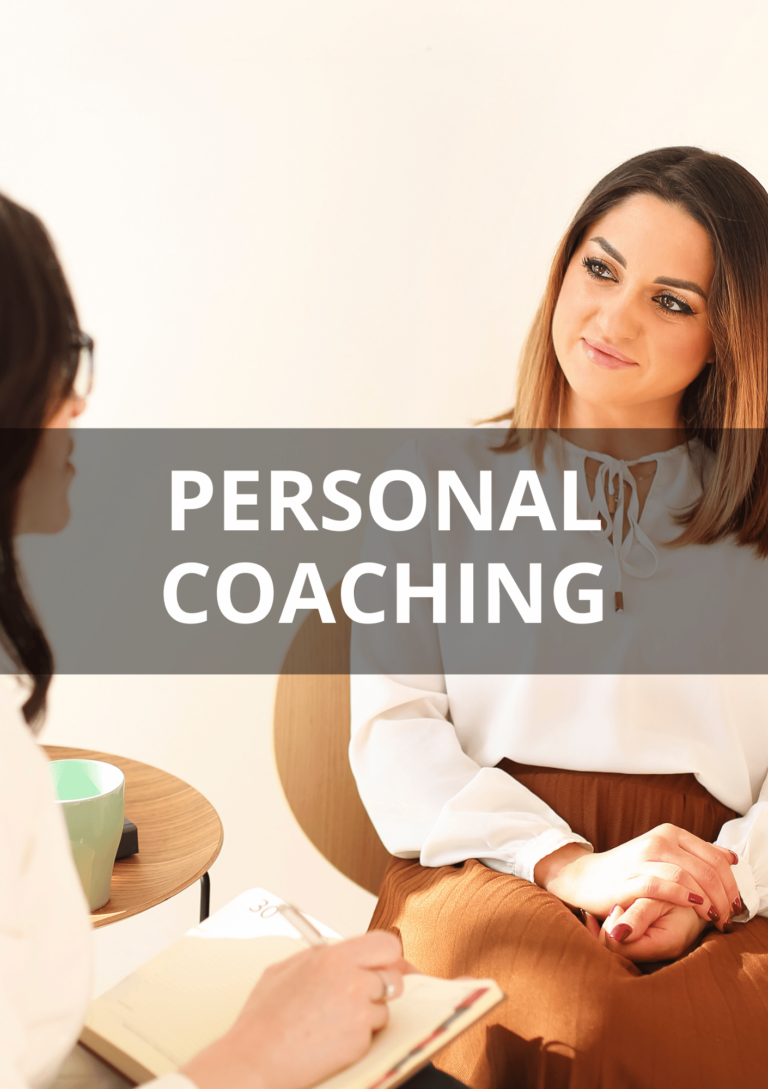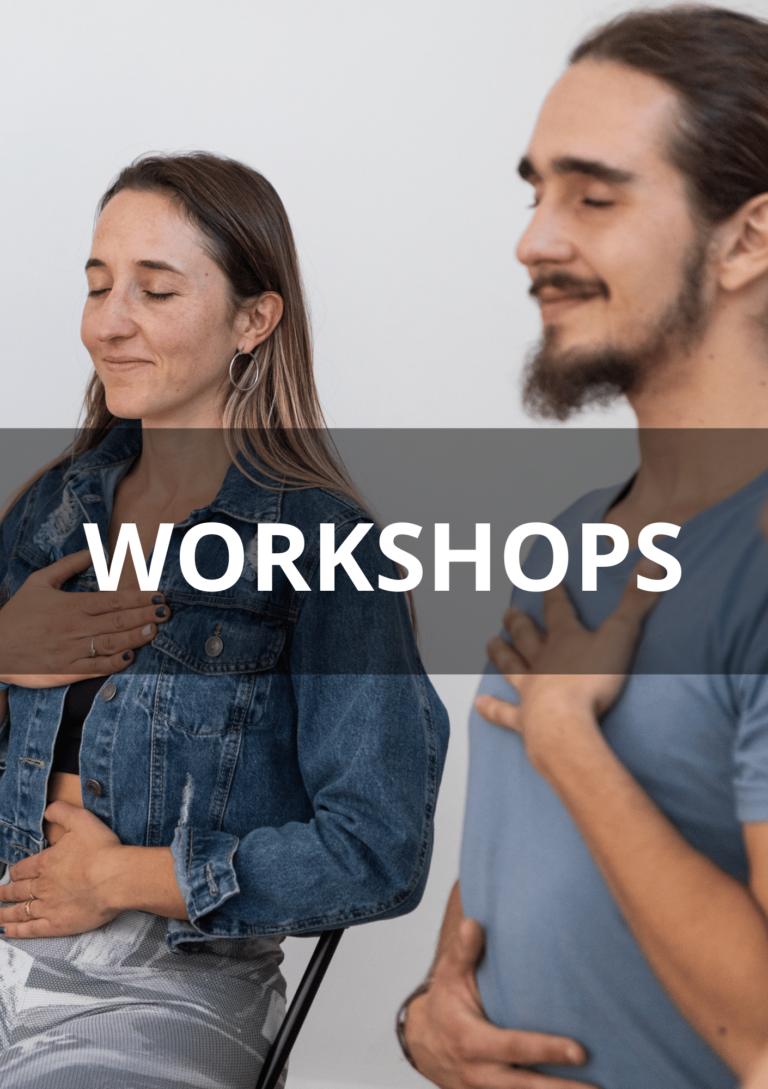When we experience trauma, especially at a young age, it can deeply affect how we see ourselves and the world around us. Trauma can cause us to put up emotional defences, and over time, we create a version of ourselves that isn’t truly who we are. This “created self” is often a protective mask, formed by the fear, pain, and confusion left by trauma.
In this post, we’ll explore how trauma leads to the development of this false self and disconnects us from our true spiritual essence. We’ll also look at how we can begin the journey of healing and rediscovering who we truly are at our core.
What is the “Created Self”?
The created self is the identity we form in response to the pain and challenges we’ve faced, particularly in times of trauma. It’s often a mix of defence mechanisms, coping strategies, and beliefs that help us feel safe, but it’s not who we really are deep down.
As spiritual teacher Eckhart Tolle puts it:
“The mind, conditioned as it is by the past, always seeks to re-create what it knows and is familiar with. The mind will always cling to the known, which is the opposite of freedom.”
Trauma teaches us to cling to what we know, even if it’s unhealthy, because it feels familiar and safe. Our created self forms around this need for protection.
While this version of ourselves may help us survive in difficult situations, it can also block us from living freely and authentically. The created self is often filled with fear, self-doubt, and limiting beliefs, keeping us from connecting with our true spiritual identity.
How Trauma Triggers Defence Mechanisms
When we go through trauma, whether it’s emotional, physical, or mental, our brain and body react in ways that are meant to protect us. We develop defence mechanisms to help us cope with the overwhelming feelings of pain, fear, or shame. These defences might include behaviours like shutting down emotionally, avoiding certain situations, or even becoming overly aggressive or controlling.
Sigmund Freud, the father of psychoanalysis, described defence mechanisms as:
“Unconscious strategies our minds use to protect us from the pain of facing difficult emotions.”
While these defences can help in the short term, they often become ingrained in our personality and affect how we interact with the world long after the trauma has passed.
For example, someone who experienced neglect as a child might grow up believing that they must always be self-reliant and avoid asking for help. This belief becomes part of their created self, even though it limits their ability to form deep, meaningful connections with others.
Disconnecting from Our Spiritual Essence
Trauma not only creates defence mechanisms, but it also disconnects us from our spiritual essence—the part of us that is pure, peaceful, and aligned with our true nature. This spiritual essence is often referred to as the soul, higher self, or true self. It’s the part of us that exists beyond our thoughts, emotions, and ego.
As spiritual teacher Ram Dass wisely said:
“The quieter you become, the more you can hear.”
Trauma can fill our minds with noise—fearful thoughts, painful memories, and negative beliefs about ourselves. This noise drowns out the quiet voice of our true self, making it harder to hear our inner wisdom and connect with our spiritual essence.
The more we live from the place of our created self, the more we feel disconnected from our true essence. We might feel lost, anxious, or incomplete because we are living a life that doesn’t align with who we truly are. The good news is that healing is possible. By understanding how trauma has shaped our created self, we can begin to peel back the layers and reconnect with our spiritual core.
Reconnecting with Your True Self
Reconnecting with your true self is a journey that requires self-awareness, patience, and compassion. It involves recognising the ways trauma has shaped your thinking, beliefs, and behaviours, and working to let go of the defences that no longer serve you.
One of the first steps in this process is becoming aware of the limiting beliefs you’ve carried from your trauma. These are beliefs like “I’m not good enough,” “I have to do everything on my own,” or “I can’t trust anyone.” These beliefs are part of the created self, and they keep you trapped in patterns of fear and avoidance.
As spiritual teacher Byron Katie once said:
“It’s not the problem that causes our suffering; it’s our thinking about the problem.”
By questioning these limiting beliefs and challenging the false stories you’ve told yourself, you can begin to free yourself from the created self and reconnect with your true nature.
The Role of Meditation and Self-Inquiry
Meditation and self-inquiry are powerful tools for reconnecting with your spiritual essence. In meditation, you quiet the mind and create space to connect with the deeper part of yourself. Regular meditation practice helps you become more aware of the thoughts and beliefs of the created self, allowing you to observe them without becoming attached.
Sri Ramana Maharshi, a famous Indian sage, taught a practice called self-inquiry where you ask yourself the question:
“Who am I?”
By repeatedly asking this question and looking deeply within, you begin to peel away the layers of the created self and discover the truth of who you really are beyond your thoughts, emotions, and trauma.
As you meditate and engage in self-inquiry, you’ll start to notice the difference between the noise of your created self and the peace of your true self. Over time, this awareness helps you break free from the patterns and defences that were created by trauma.
The Power of Compassion and Forgiveness
Another important part of healing from trauma is self-compassion and forgiveness. Many people who have experienced trauma carry feelings of guilt, shame, or self-blame. They might criticise themselves for how they reacted during the trauma or feel ashamed of the defence mechanisms they developed.
However, healing requires letting go of this self-judgment and embracing compassion for yourself. As author Brené Brown says:
“Owning our story and loving ourselves through that process is the bravest thing that we’ll ever do.”
By accepting your story and showing yourself kindness, you can begin to heal the wounds that trauma left behind.
Forgiving yourself—and others if needed—is a powerful step toward releasing the pain of the past and reconnecting with your true self. When you forgive, you free yourself from the emotional weight of trauma and make space for love, peace, and spiritual connection.
Moving Forward: Living from Your True Self
As you work to unmask the created self and reconnect with your spiritual essence, you’ll begin to notice changes in your life. You may feel more peaceful, more grounded, and more connected to the world around you. Your relationships might improve, as you let go of old defence mechanisms and start to interact with others from a place of authenticity and love.
Living from your true self doesn’t mean you won’t face challenges, but it does mean that you’ll be better equipped to handle them. You’ll have a deeper sense of who you are, and you won’t need to rely on the defences of the created self to protect you.
As spiritual teacher Mooji says:
“The highest religion is to find the truth of who you are.”
This journey of unmasking the created self and returning to your spiritual essence is the path to true freedom, peace, and self-realisation.
Conclusion: Healing from Trauma and Returning to Your True Self
Trauma can cause us to develop defence mechanisms and create a false identity that keeps us disconnected from our spiritual essence. However, by becoming aware of how trauma has shaped our created self, we can begin the healing process. Through meditation, self-inquiry, compassion, and forgiveness, we can peel back the layers of the false self and reconnect with the truth of who we really are.
It’s a journey, but it’s one that leads to greater peace, freedom, and the realisation that beneath the pain of trauma lies our true, untouched spiritual self.
